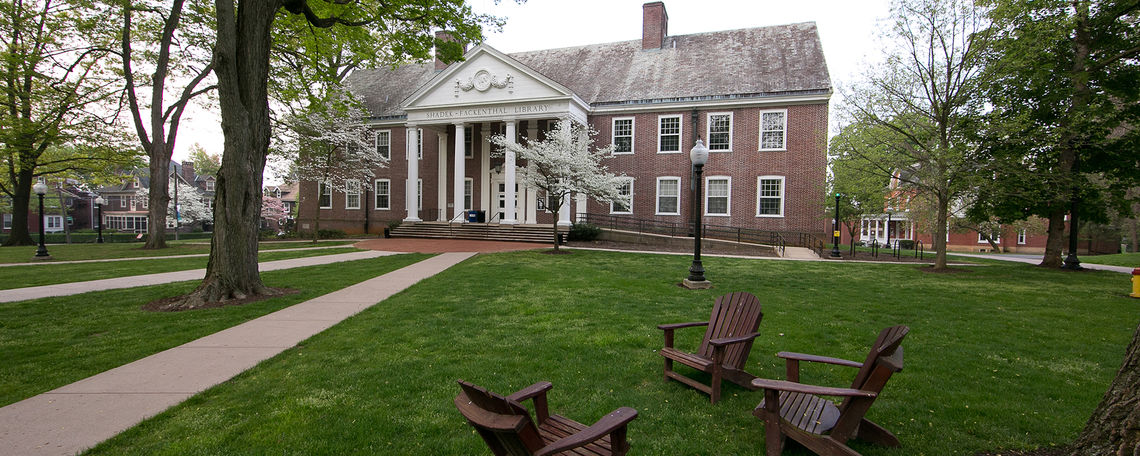By Shira Gould || Staff Writer
On Tuesday, January 31 during Uncommon Hour, Shadek-Fackenthal Library hosted a workshop for students, professors and community members to identify fake news. Between Facebook, Google, and Twitter, information is infinite, and seemingly universally accessible. However, it turns out that users are only shown the information that those outlets deem personally relevant. As such, it is easy to become trapped in a “filter bubble,” says Meghan Kelly, the Research and Emerging Technologies librarian at Shadek-Fackenthal Library.
The large turnout split into two groups, one meeting in the SparkSpace, and the other in the classroom on the second floor. It began by having participants share their news outlets of choice. The most common responses included CNN, PBS, The New York Times, and NPR. Participants discussed the engaging headlines, and accessibility, noting that many of the outlets send brief daily emails, which makes staying informed an easy feat.
With that being said, in a world filled with information, it is easy to fall victim to fake websites. Participants split into groups, each sitting by a computer with an open webpage. They were asked to investigate the validity and reputation of each website. Participants then shared their findings.
They found that it is important to be attentive to the copyright date, the URL type, and the author’s writing. It can also be useful to search the reputation of the site in order to ensure that it is reliable. One of the websites was entitled “Channel 7 News,” which sounds reliable. Participants found, however, that the URL was not consistent with the name, thus undermining its reliability.
Following this exercise, participants watched Eli Pariser’s TED Talk, “Beware of Online ‘Filter Bubbles.’” In his TED talk, Pariser explained that each person lives in a “filter bubble,” simply because they interact with specific people. The place a person lives and the people with whom they associate create a bias through which they view the world. Pariser’s talk from 2011 states that this concept is emphasized by the internet, which gives the illusion of being all-knowing, fair and balanced, and yet filters users’ searches to their interests. Facebook and Google use users’ histories, location and interests to tailor their search results. This contributes to society’s ignorance about their own ignorance, according to Pariser. He warns that it is immensely important to be aware of one’s filter bubbles, and to try their best to pop it.
Workshop participants were challenged to pop the hypothetical filter bubbles described in two scenarios. One was a college student who received most of his news from Facebook and other social media platforms. He typically did not do research of his own, but rather kept informed through the echo chamber of his surrounding community. The other was a college graduate who was more aware of the news, but wanted to learn more. Participants were asked to provide suggestions for the two hypothetical people. They suggested that turning on notifications for various news outlets is a good way to remain informed throughout the day. They also noted that it is important to read the contents of the articles, rather than just the headlines. Additionally, it can be useful to subscribe to print newspapers in order to get an unbiased compilation of articles to read, as even news websites tailor the suggested content to each user.
The library has also posted a document containing ways to identify fake and reliable news sources on their website.
First year Shira Gould is a staff writer. Her email is sgould@fandm.edu.
